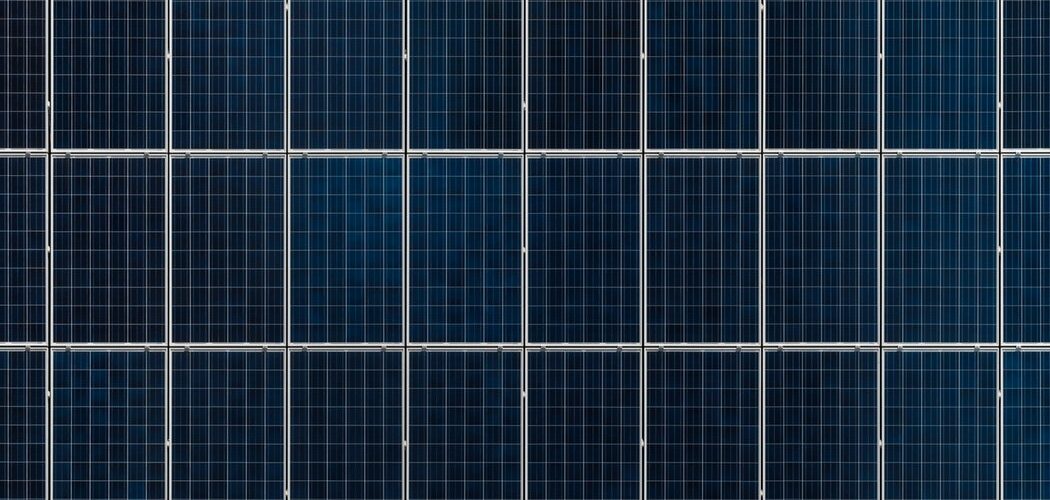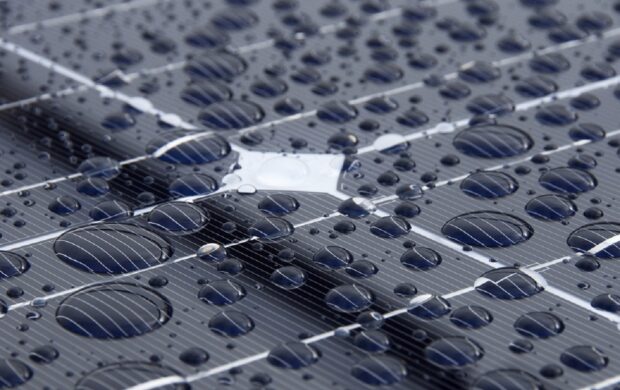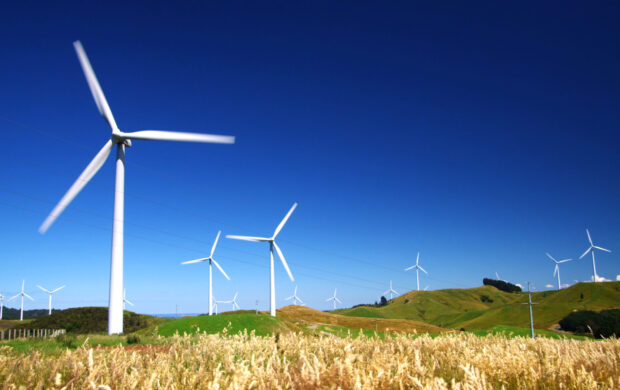China is to cut back solar energy subsidies in an attempt to reign in the growth of the sector as risk of overcapacity has grown.

China has been a world-leader in new solar installations for the past five years. The growth of the sector has been facilitated by the fact that electricity prices were fixed while solar development costs fell. This has created enormous potential for profit, further encouraging investment. The massive growth in solar has left a huge funding gap in the subsidy scheme, which is now limiting the sector.
The new policy announced on 31 May has been implemented with immediate effect. It is the second such cut to subsidies in less than a year, following a cut to distributed solar subsidies in December 2017. China continues to subsidise fossil fuels, although it has announced plans to “phase out inefficient fossil fuel subsidies”.
It is expected the reforms will hit distributed solar hardest, as the return on investments will now jump from seven years to over a decade, thereby tempering enthusiasm for investment. Moreover, the drop in investment is likely to create overcapacity in the solar supply chain, in which China provides over 50% of the global share of four key raw materials.







